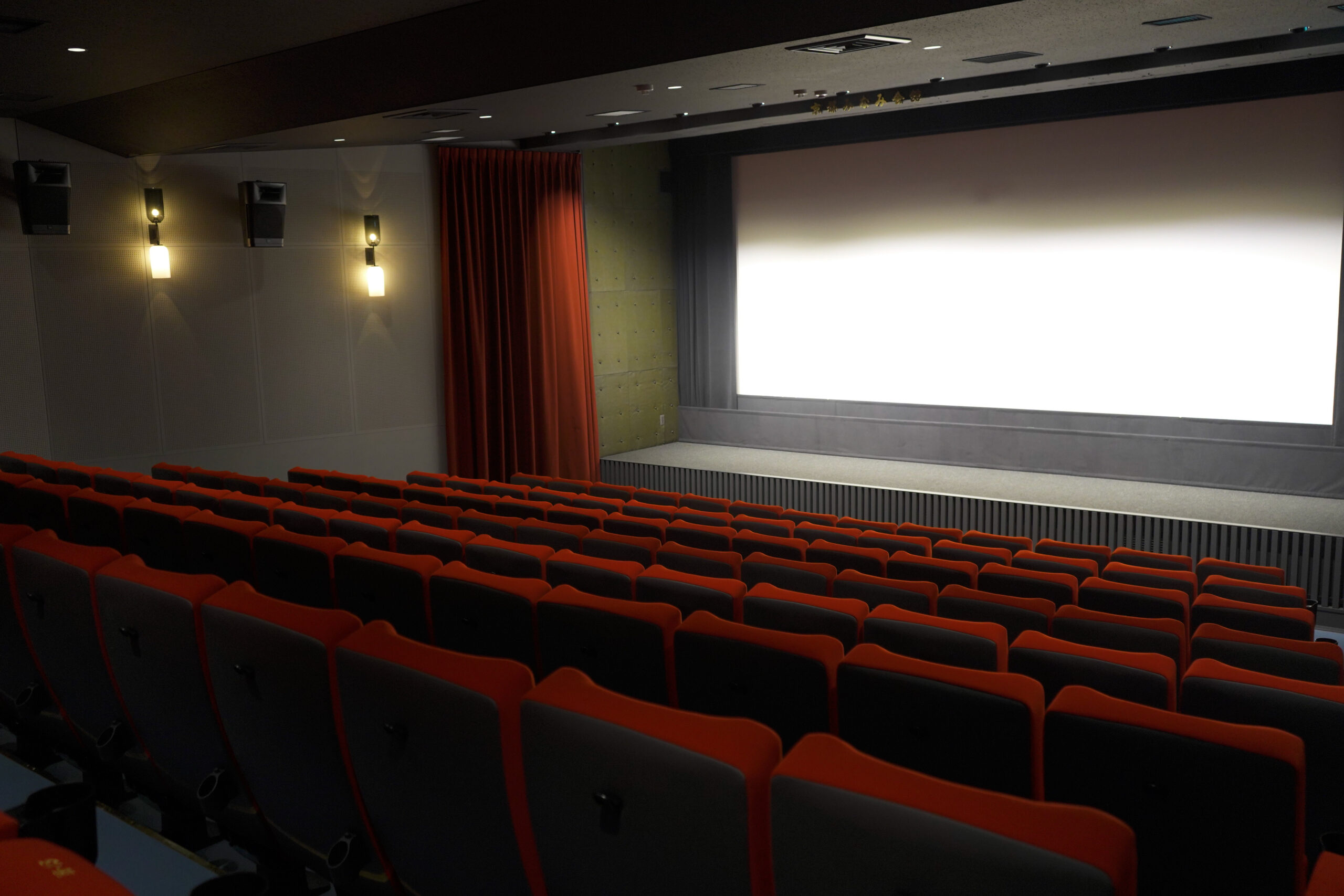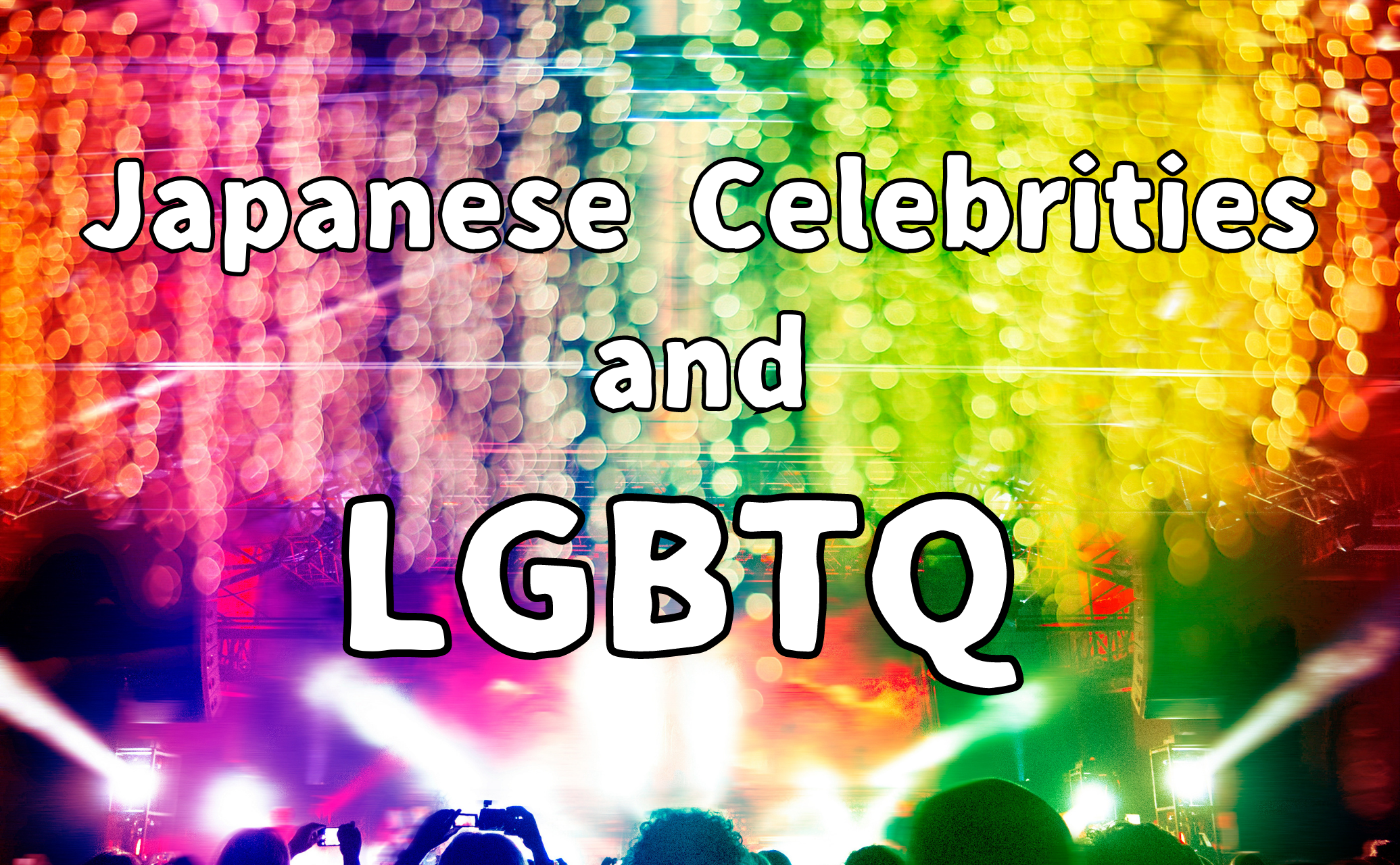I wrote another article about the environment surrounding LGBTQ in Japan today. In this article, we would like you to know about the situation in the Japanese entertainment industry.
LGBTQ people
Celebrities
One of the most popular TV personalities in Japan today is a gay, plus-size man who dresses as a woman. This might lead one to believe that Japan is a very LGBTQ-friendly country, but it is not. They only support him because he is entertaining. I’ve never seen anyone express dislike for him because they watch him on TV every day and know him well. Unfortunately, that and the growing LGBTQ understanding are two separate issues.
Other drag queens and M to F transgender celebrities are often on TV and are accepted by many people. There used to be a tendency to laugh at such people on TV for fun, but this has finally stopped being seen since around the 2015s. There are M to F transgender people among singers and models.
Compared to gay people/M to F transgender people, there are currently much fewer opportunities to come into contact with lesbians and F to M transgender people.
As for non-binary and bisexual people, the existence of such people is only now beginning to be recognized, with the emergence of public figures who have publicly stated that they are such people.
Actors
In the Japanese theater community, it is not believed that sexual minorities should play sexual minorities. Many people believe that actors should be able to perform any kind of performance and that they are admired only when they play people who are different from themselves. Kabuki, a traditional Japanese culture, is performed by men only. This may be due in part to the fact that kabuki actors have long been considered respectable only if they can successfully play female roles.
In the first place, very few actors are open about their sexual minority status. (The higher the profile, the lower the percentage of openness.)
A courageous coming out
In July 2023, a member of the music group AAA, Shinjiro Atae, came out as gay. This required considerable courage. In Japan, it is more difficult to come out as gay than to come out as transgender.
This courageous coming out may be a catalyst for change in the Japanese entertainment industry in the future. I hope it will be a catalyst.
LGBTQ in Film and Drama

In the past, until around the 2000s, there was a general stereotype of gay people as speaking and gesturing like women. Even in creative works, this tendency persisted.
As for transgender people, I think it was around the year 2000 that some works began to make transgender people a major theme in their stories. I feel that it has been taken more seriously and portrayed more carefully than other sexual minorities.
I don’t think it’s a bad thing that more and more works depicting LGBTQ people have come to the attention of many people. Even if it is in creative works, the variety of non-stereotypical gay characters that are now being portrayed has helped to break down that uniform image.
However, works about gays are easily noticeable, and the number of works is more biased than those depicting lesbians.
Attitude of the Media

Book a personalized video from your favorite actors.
One thing that comes to mind when dealing with the Japanese media on a daily basis is the lack of consideration.
Although the number of movies and dramas dealing with homosexuality has increased, I sometimes wonder about the media’s questions and attitudes toward actors. If they are supposed to speak for the viewers, they should take a closer look at whether they are promoting false perceptions.
Not only actors, but also celebrities are interviewed on the assumption that they are cisgender and heterosexual. I am fed up with questions that go into a person’s private life that has nothing to do with his or her activities or work.
If a person is LGBTQ, only that aspect is emphasized. There is also the problem that only sexuality and gender, which are only a part of a person’s identity, are discussed.
The attitude of the media affects the people watching. Unfortunately, Japan is far from being LGBTQ-friendly in this aspect as well.

